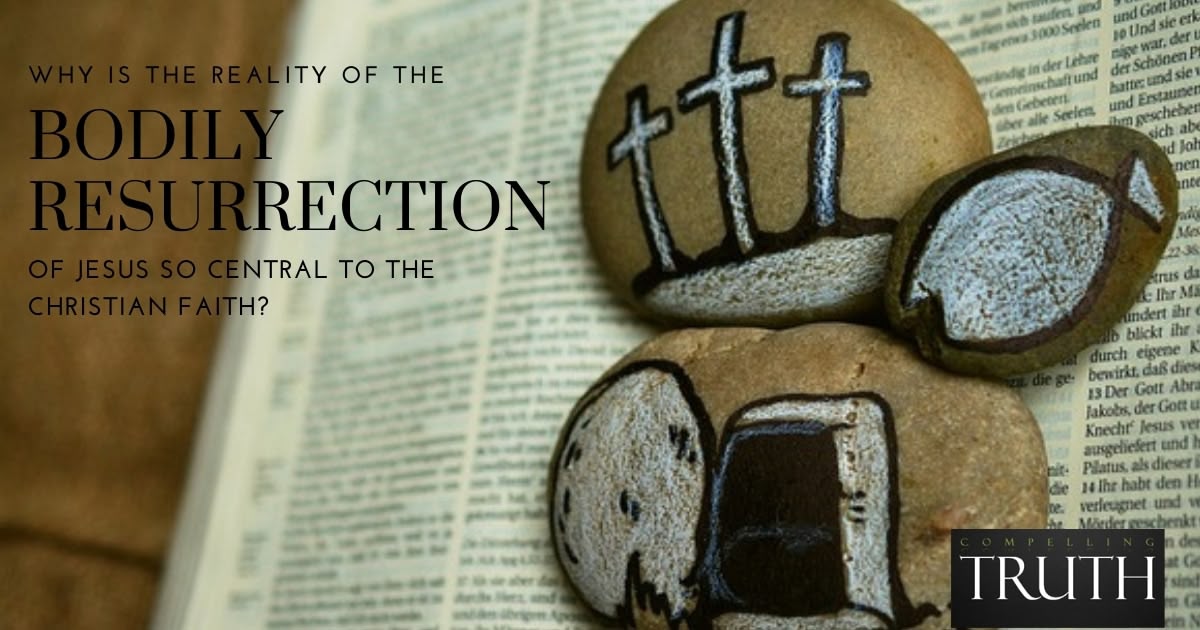The Bible records several instances of people being literally and physically raised from the dead and many more instances of people being metaphorically brought from death to life. There are three instances in the Old Testament, three cases during Jesus's ministry, and three occurrences after Jesus's death of literal, physical, bodily resurrection. Along with people being literally raised from the dead, the Bible is also filled with myriad examples of people being brought spiritually from death to life. Time and again, people were as good as dead, but God intervened and brought new life. The recorded bodily resurrections in the Bible serve as evidence of God's future promise to raise all believers from the dead, while symbolizing the spiritual transformation He works within the hearts of His people (John 5:24; Romans 6:4, 13).
Being raised from the dead happens spiritually in the life of every Christian. Paul explained to the Colossians that in Christ, you, "having been buried with him in baptism, in which you were also raised with him through faith in the powerful working of God, who raised him from the dead. And you, who were dead in your trespasses and the uncircumcision of your flesh, God made alive together with him, having forgiven us all our trespasses, by canceling the record of debt that stood against us with its legal demands" (Colossians 2:12–14). Every person stands condemned to death (Romans 6:23; John 3:18), but through faith in Jesus Christ, new life is given (Ephesians 2:4–5).
While spiritual resurrection is a reality now, the Bible also promises a future physical resurrection. Paul wrote to the Thessalonian church, "for the Lord himself will descend from heaven with a cry of command, with the voice of an archangel, and with the sound of the trumpet of God. And the dead in Christ will rise first" (1 Thessalonians 4:16). He also wrote to the Corinthians, "in a moment, in the twinkling of an eye, at the last trumpet. For the trumpet will sound, and the dead will be raised imperishable, and we shall be changed" (1 Corinthians 15:52). Thus, physical, bodily resurrection is a future reality for all who have died to themselves and been made alive for God through His indwelling Holy Spirit (Romans 8:11).
The recorded bodily resurrections in the Bible are proof of God's future plan to raise all believers from the dead, and they act as physical representations of the spiritual reality of God's work in the hearts of those who belong to Him (John 5:24; Romans 6:4, 13).




